 Dixon Center for Military and Veterans Services recognizes that most of our veterans successfully return to their families, neighbors, and communities. Access to affordable housing is key to that successful transition. Safe, secure shelter is the underpinning of a successful reintegration, but sometimes it helps when combined with a menu of complimentary solutions to ensure veterans and their families reach their full potential.
Dixon Center for Military and Veterans Services recognizes that most of our veterans successfully return to their families, neighbors, and communities. Access to affordable housing is key to that successful transition. Safe, secure shelter is the underpinning of a successful reintegration, but sometimes it helps when combined with a menu of complimentary solutions to ensure veterans and their families reach their full potential.
Pre-pandemic 1.3 million veterans were considered at risk of homelessness due to poverty, lack of support networks, and dismal living conditions in overcrowded or substandard housing.
These challenges require solutions, and we recognize that there are some things that Government cannot do that independent organizations working together, locally, can. For example, both the Department of Housing and Urban Development and the Department of Veterans Affairs offer programs that work with homeless veterans and their immediate families on safe, affordable housing options. But even if a veteran gets into a home, it is not a slam-dunk. Having four walls and a ceiling is a start, but in the case of at-risk and formerly homeless veterans require extensive wrap-around services to support their new living arrangements — services such as transportation or child care, and health programs that address myriad needs from preventive medicine to substance abuse.
Affordable Housing
To address these challenges, Dixon Center’s Homeless to Housed is partnering and working with local and national direct-service programs to eliminate veteran homelessness. The program is supporting efforts to get veterans into affordable housing by introducing them to the support provided by partner organizations and services available through complementary Dixon Center programs, such as Workforce Development & Career Placement and Wellness.
Where We Are
According to the Department of Veterans Affairs, COVID-19 has created even more challenges in the landscape of veteran homelessness. Veterans experiencing homelessness are at higher risk for contracting the virus due to underlying health conditions and age. For example, 4% of COVID-19 related deaths in Washington, DC, were homeless veterans, even though they make up only 1% of the total population.
The Homeless to Housed program is capitalizing on the Center’s unique position as a central clearinghouse for the patchwork quilt of local and national veteran assistance programs to help communities reach “functional zero.” This program works with organizations whose capabilities include expertise with fair housing practices, which veterans qualify for certain federal programs, compassionate outreach, case management, credit repair, and financial counseling/education. The result is that homeless veterans find affordable housing sooner.
The Way Ahead
Housing advocates aren’t wondering whether the ongoing coronavirus pandemic will lead to an increase in homeless veterans, but instead how big the increase will be.
To address this, Dixon Center will leverage what already exists at the local level — those services and supports used in our neighborhoods, by civilians and veterans alike, for years. Our goal is to maximize access to affordable housing and minimize the projected increase in homeless veterans. We will accomplish this goal by linking four of our five focus areas at the national and local levels:
Housing solutions: Collaborating and building partnerships with national partners to expand affordable housing opportunities and services for veterans.
Workforce development and career placement: Helping organizations and institutions with programs that recruit, integrate, train, and retain transitioning service members, veterans and military families.
Wellness research and development: Assessing, advising, and assisting organizations as they create, or expand, products and services across the eight dimensions of wellness: emotional, spiritual, intellectual, physical, environmental, occupational, financial, and social.
Advancing impact via service networks: Facilitating the integration of military and veteran services into existing organizational programs in order to increase impact.
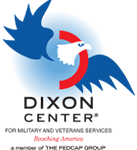

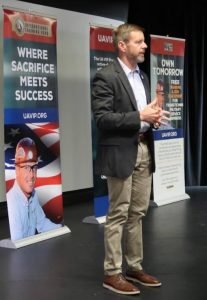
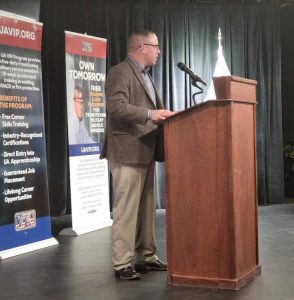
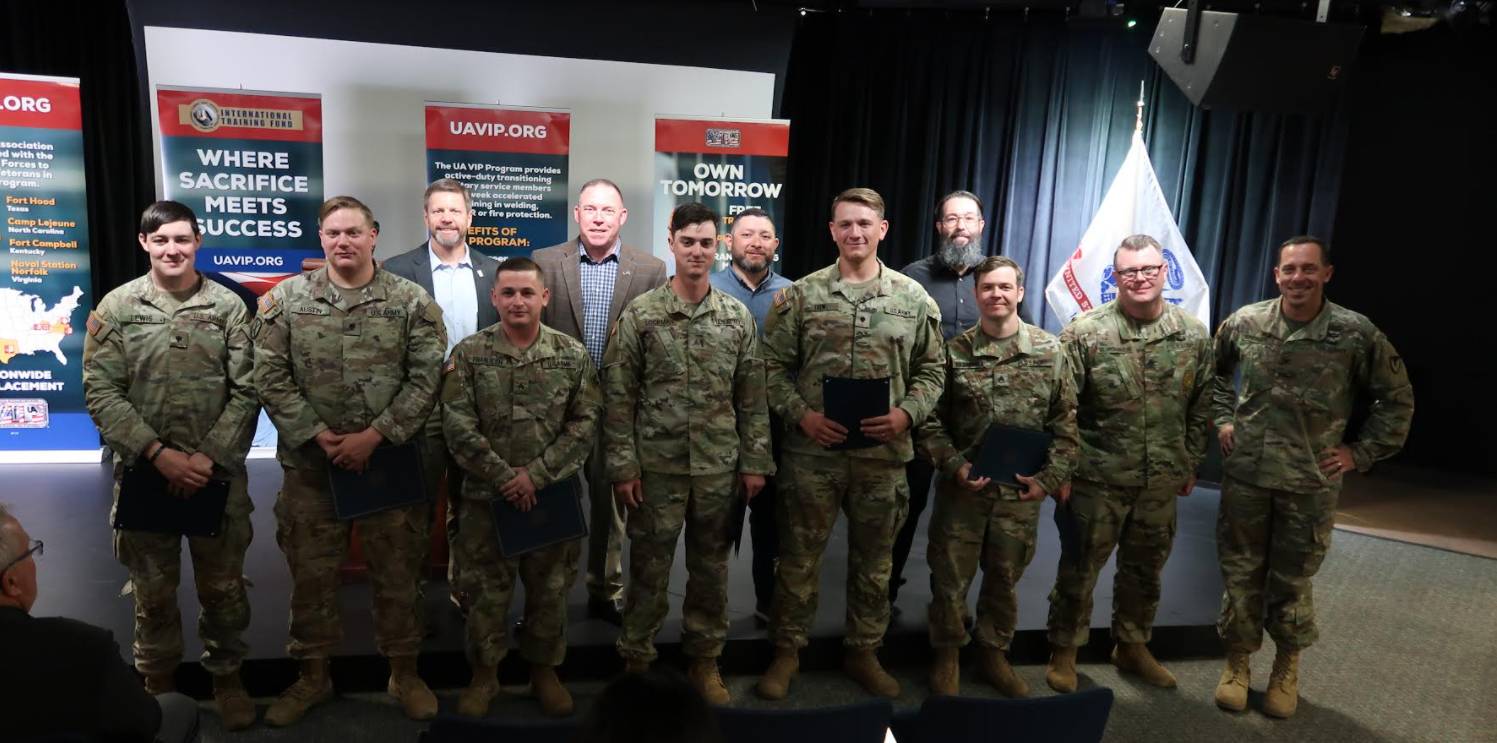
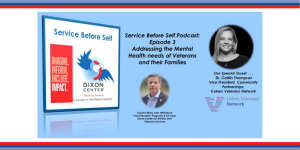 On August 14, 2020,
On August 14, 2020, 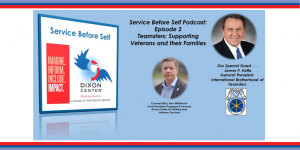 On September 15, 2020
On September 15, 2020  On August 14, 2020
On August 14, 2020  The last three months of the year brings the population opportunities and challenges. In a normal year, families will travel to join and gather in thanks for all they have and to reflect on the past and revel in the hopes of the future. This year is far from normal.
The last three months of the year brings the population opportunities and challenges. In a normal year, families will travel to join and gather in thanks for all they have and to reflect on the past and revel in the hopes of the future. This year is far from normal. Basic needs are generally defined in terms of a minimal list of elements that human beings need to fulfill basic requirements and achieve a decent life. Typically, the list includes basic commodities, such as food, clothing, and shelter, as well as essential services, as access to drinking water, to sanitation, to education, to healthcare facilities, and to public transportation. Broader definitions of basic needs may include those items needed for self-reliance, autonomy, and self-expression.
Basic needs are generally defined in terms of a minimal list of elements that human beings need to fulfill basic requirements and achieve a decent life. Typically, the list includes basic commodities, such as food, clothing, and shelter, as well as essential services, as access to drinking water, to sanitation, to education, to healthcare facilities, and to public transportation. Broader definitions of basic needs may include those items needed for self-reliance, autonomy, and self-expression.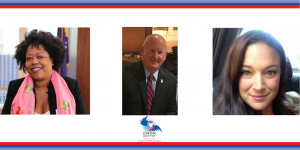 Serving in the military was one of the highlights of my life. I say this, because many of those service members I served with and many of those veterans I now advocate for, are wired to serve.
Serving in the military was one of the highlights of my life. I say this, because many of those service members I served with and many of those veterans I now advocate for, are wired to serve.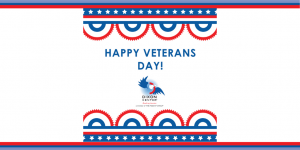 Join us this Veterans Day by reflecting on the service, and celebrating the achievements, of our Nation’s veterans. At Dixon Center for Military and Veterans Services we recognize that many of the freedoms and values we may take for granted come from the service and commitment of our veterans and military families.
Join us this Veterans Day by reflecting on the service, and celebrating the achievements, of our Nation’s veterans. At Dixon Center for Military and Veterans Services we recognize that many of the freedoms and values we may take for granted come from the service and commitment of our veterans and military families. Dixon Center for Military and Veterans Services
Dixon Center for Military and Veterans Services